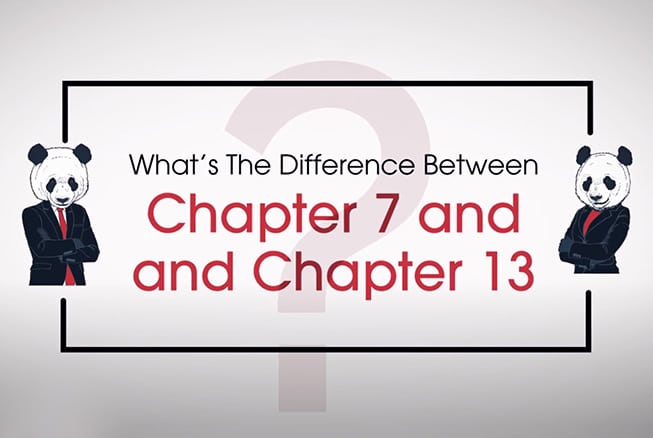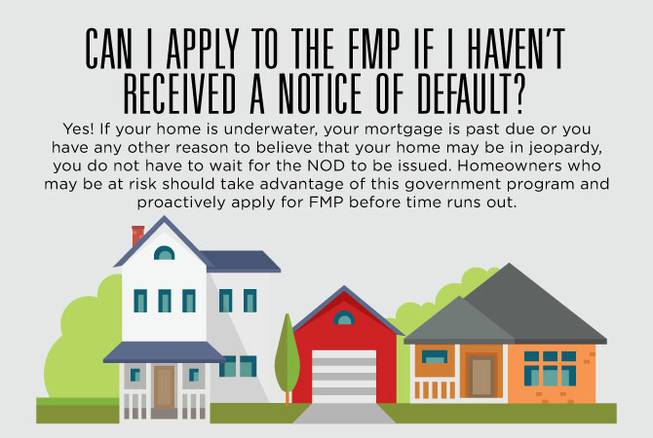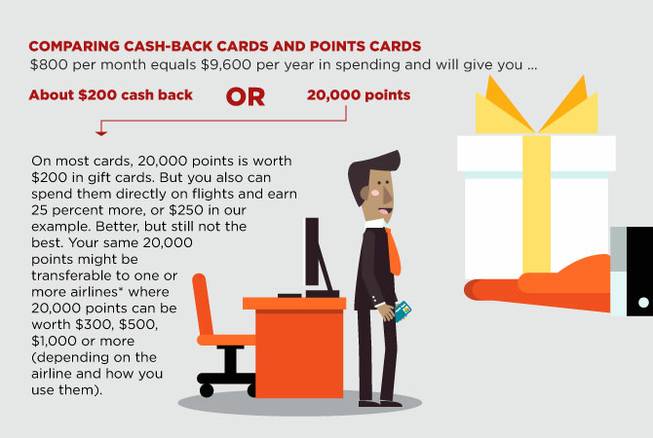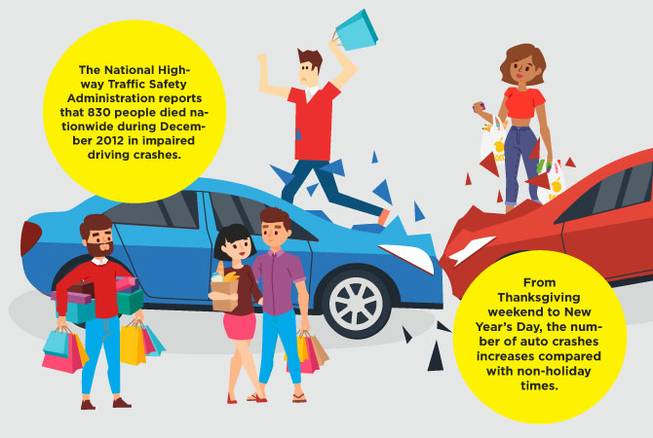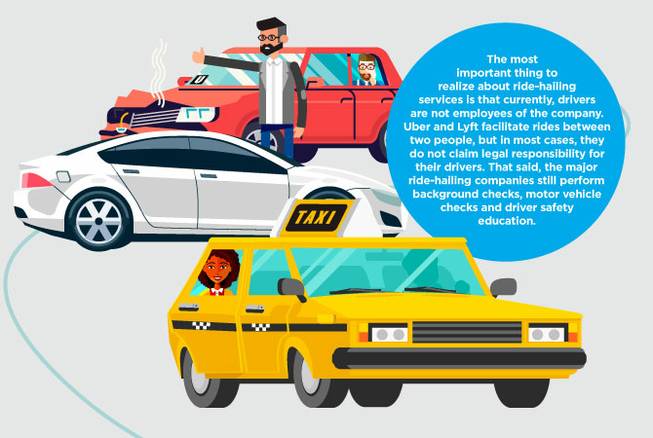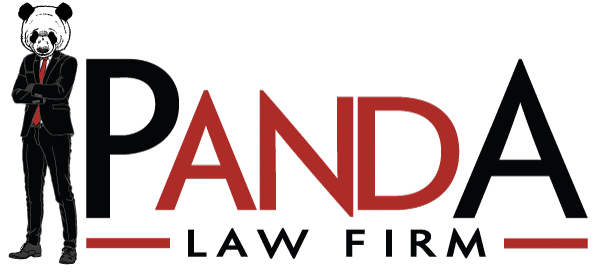
So there are two main differences between Chapter 7 and Chapter 13 bankruptcies. In Chapter 7, in most cases, you won’t pay back anything to your creditors. The court wipes the slate clean and eliminates your debt in a few months. This is why you sometimes hear Chapter 7 referred to as a “fresh start” bankruptcy. In a Chapter 13 however, you’re going to repay back your creditors over a period of three to five years, with a payment based upon your court determined disposable income, and you may wind up paying back more than what you owe. That being said, even if you pay back more than what you owe, you still pay less than if you make minimum payments on your debt outside of a bankruptcy. So why would anyone file a Chapter 13? That is difference number two. Your income and assets may disqualify you for a Chapter 7. For example, your income must be lower than the average income in your area. This is known as passing a “means test”. People that cannot pass the means test have the option of filing a Chapter 13 bankruptcy, or exploring their debt settlement options outside of bankruptcy.



